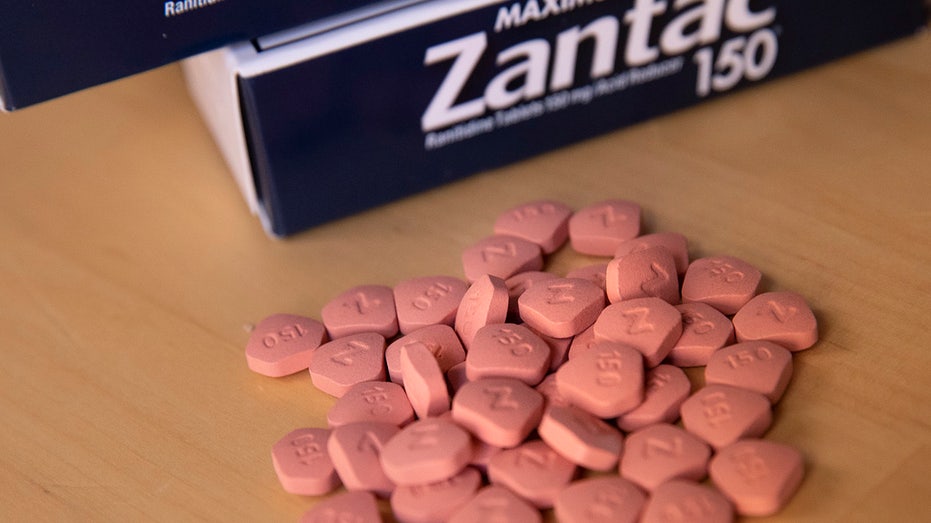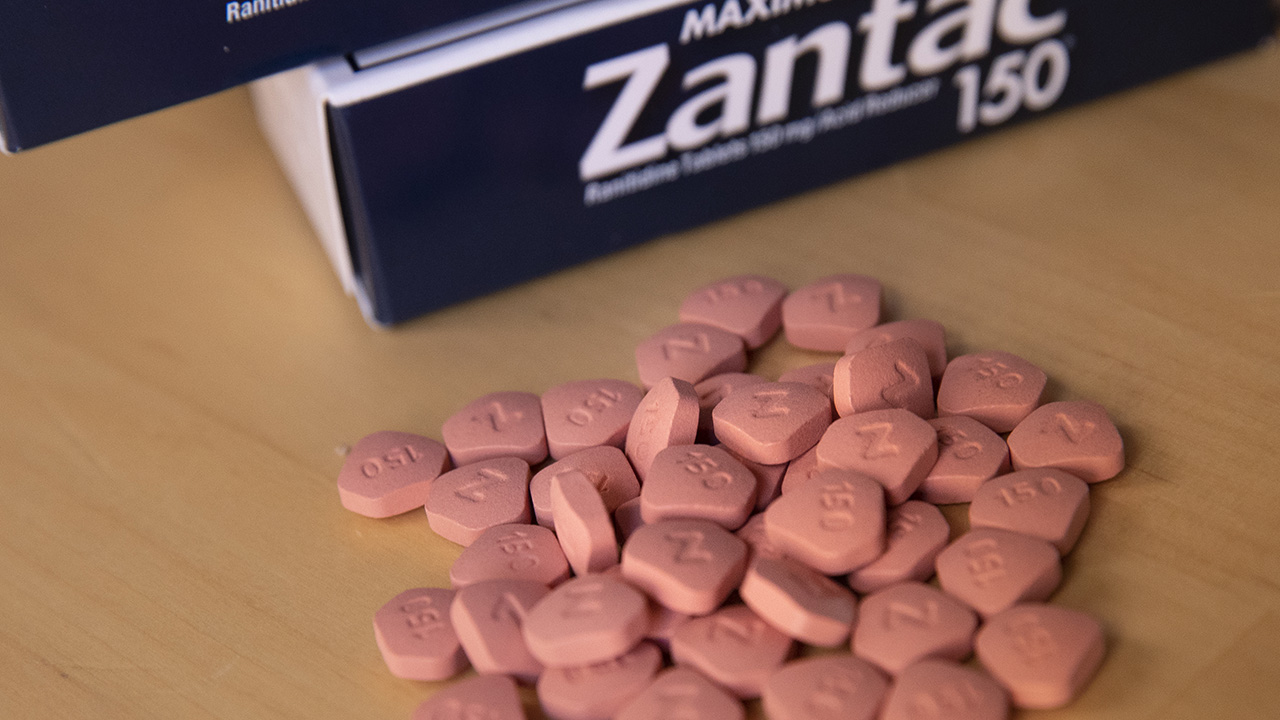GSK settles 4 Zantac lawsuits claiming heartburn drug caused cancer
Over 73,000 cases were filed in Delaware
Charles Payne: Manufacturer may have known about links to cancer for 40 years.
FOX Business host Charles Payne reacts to the 'crisis of trust' in the United States on 'Making Money.'
British pharmaceutical company GSK plc settled another lawsuit that claimed its discontinued heartburn drug Zantac can cause cancer.
The company said Wednesday that it has "reached a confidential settlement" in the Cantlay/Harper case that was filed in California. The settlement was reached before the trial in that case was slated to begin on November 13. GSK did not disclose financial terms of the settlement.
The company also announced Wednesday that it has settled three remaining breast cancer cases in California that were also related to the heartburn drug.
ZANTAC SHOULD BE REMOVED FROM MARKET ‘IMMEDIATELY,’ FDA SAYS
As a result, the four cases will now be dismissed, the company said.

Packages and pills of Zantac, a popular medication which decreases stomach acid production and prevents heartburn. (Drew Angerer/Getty Images) / Getty Images)
In total, there have been approximately 3,100 filed claims in California state court. There are clusters of litigation in other states, but the most claims – more than 73,000 – have been filed in Delaware, according to GSK.
GSK is facing a hearing in January to see how many of the cases in Delaware will move forward to trial.
DRUGMAKER STOCKS SLAMMED OVER ZANTAC LAWSUIT CONCERNS
The company said that the settlements announced Wednesday are not an admission of any liability and that it will "continue to vigorously defend itself based on the facts and the science in all other Zantac cases."
| Ticker | Security | Last | Change | Change % |
|---|---|---|---|---|
| GSK | GSK PLC | 59.01 | -1.22 | -2.03% |
In 2020, the Food and Drug Administration (FDA) requested that all manufacturers withdraw all prescription and over-the-counter ranitidine drugs, known by the brand name Zantac, from the market immediately amid an investigation of a contaminant known as N-Nitrosodimethylamine (NDMA).
NDMA, according to the FDA, is a probable human carcinogen.
GET FOX BUSINESS ON THE GO BY CLICKING HERE
The FDA determined that "the impurity in some ranitidine products increases over time and when stored at higher than room temperatures." This could result "in consumer exposure to unacceptable levels of this impurity," the FDA said in a 2020 notice.
The drug had been on the market for almost 40 years, according to Bloomberg.





















